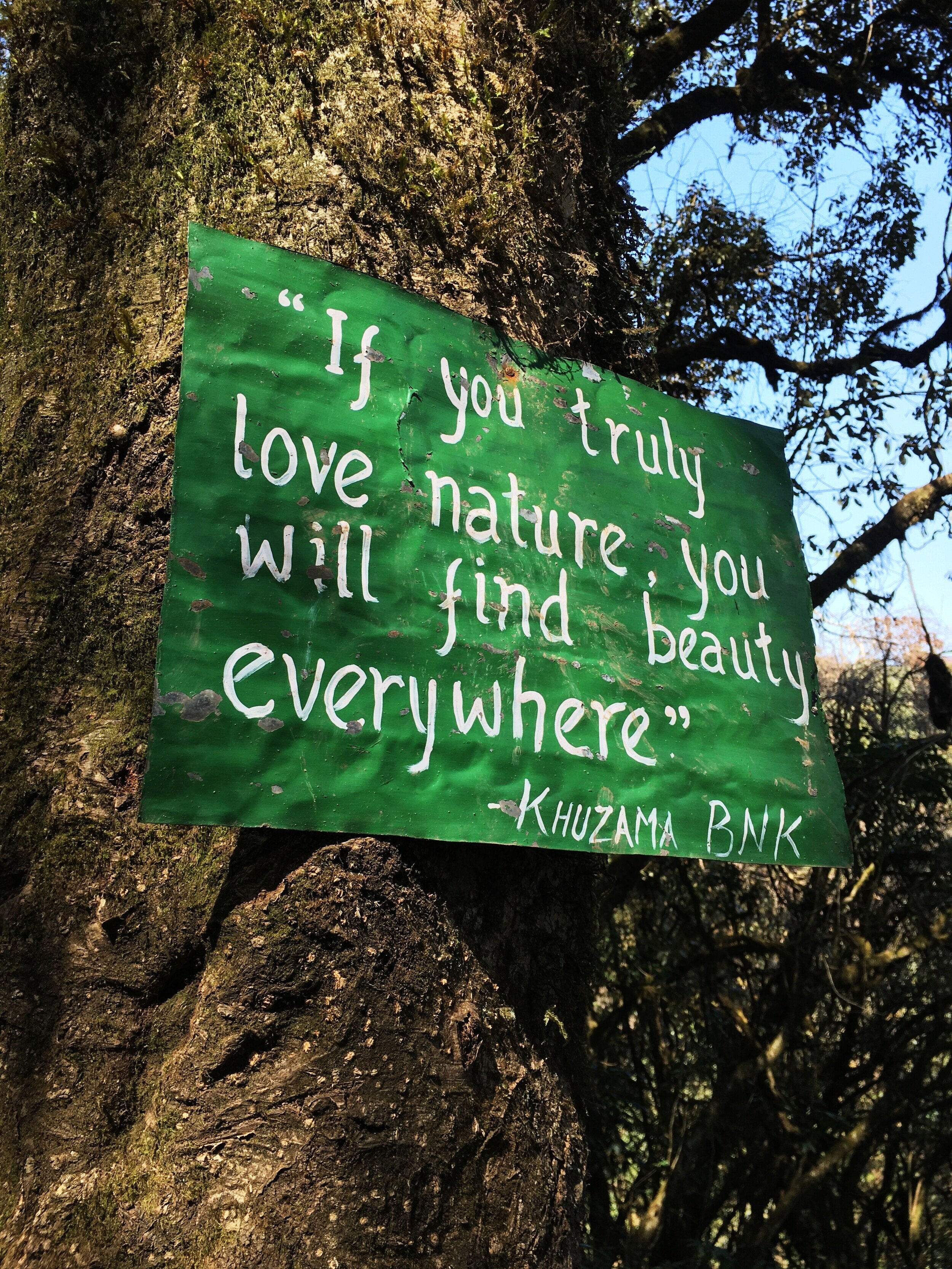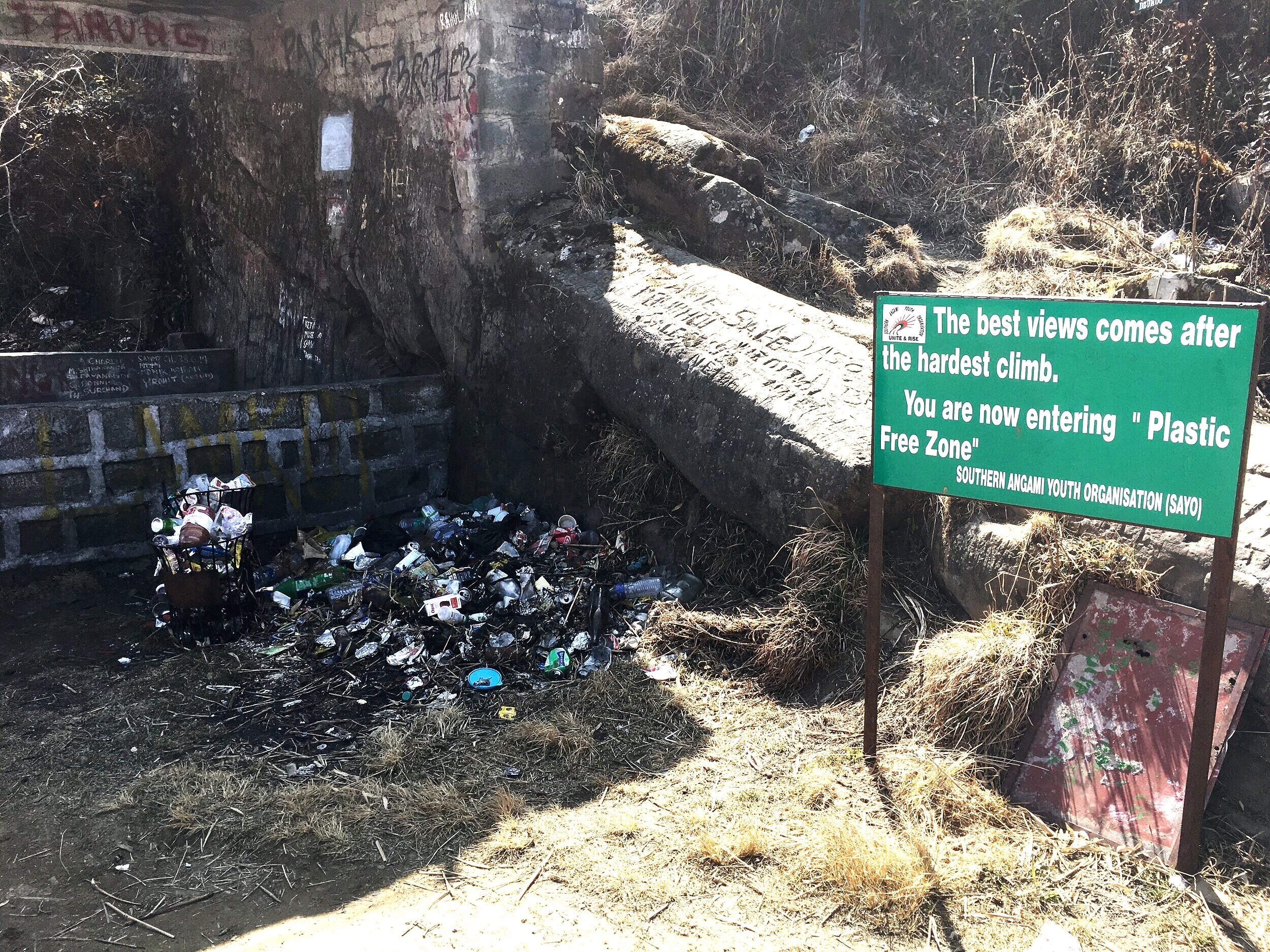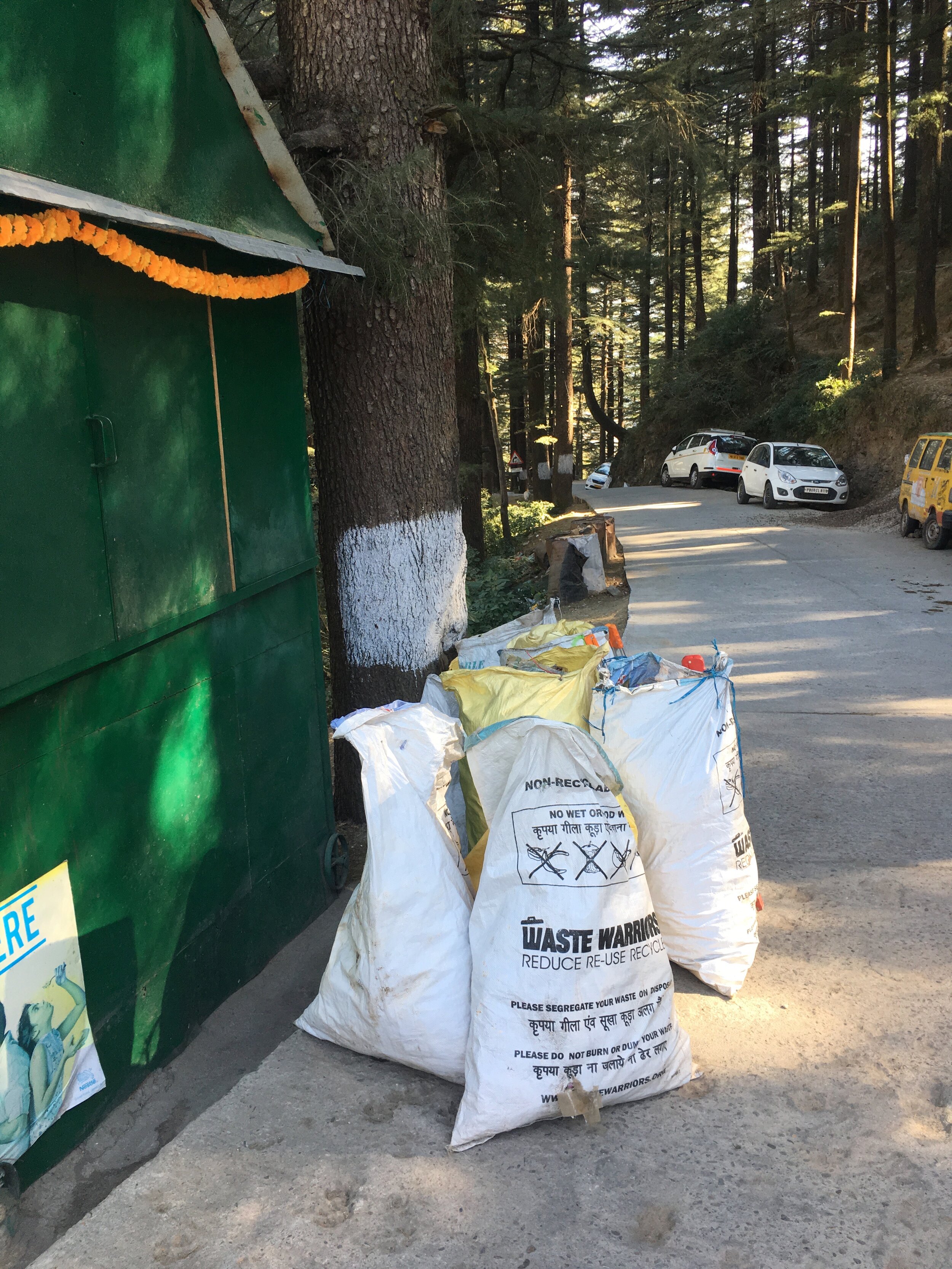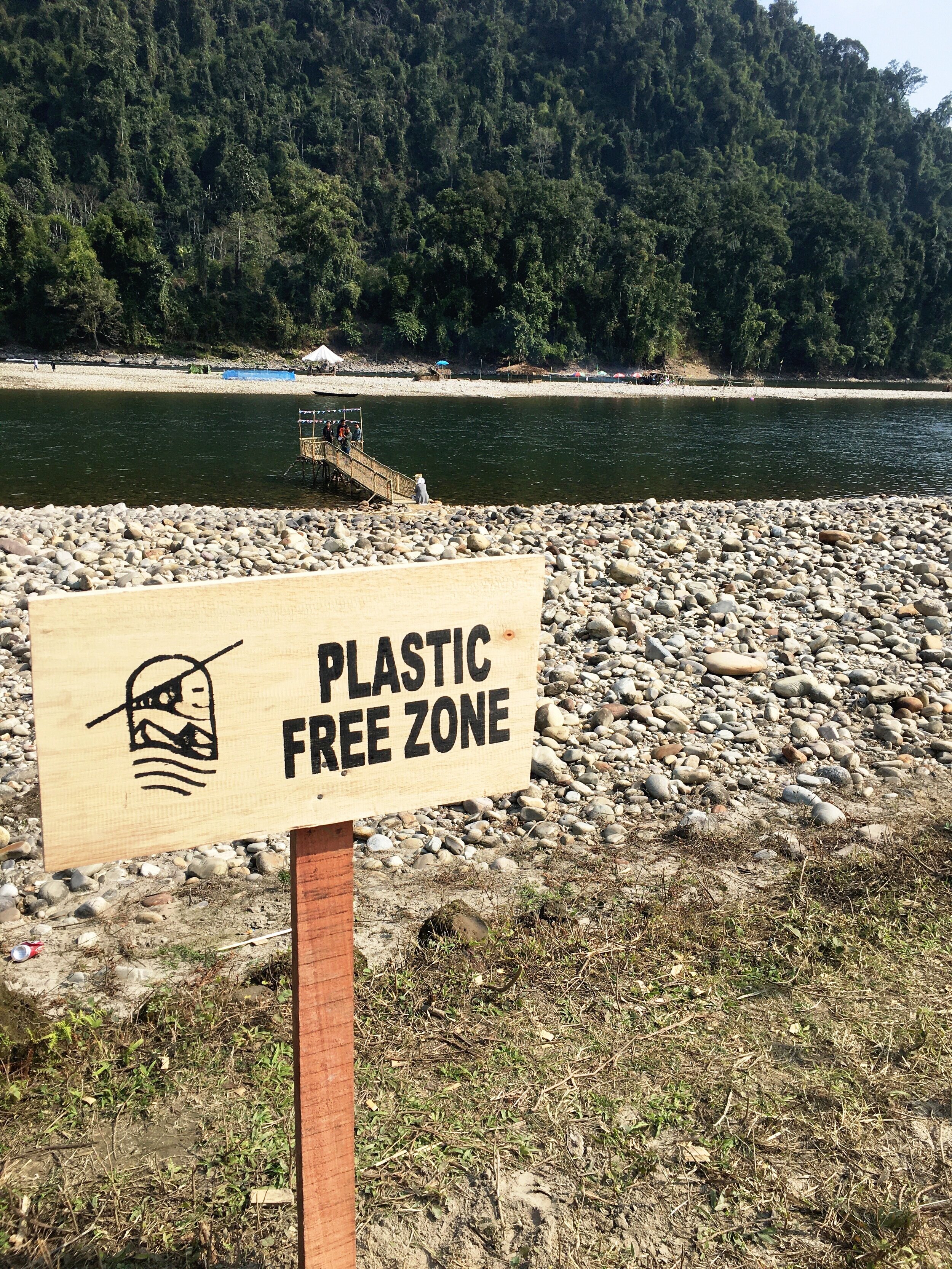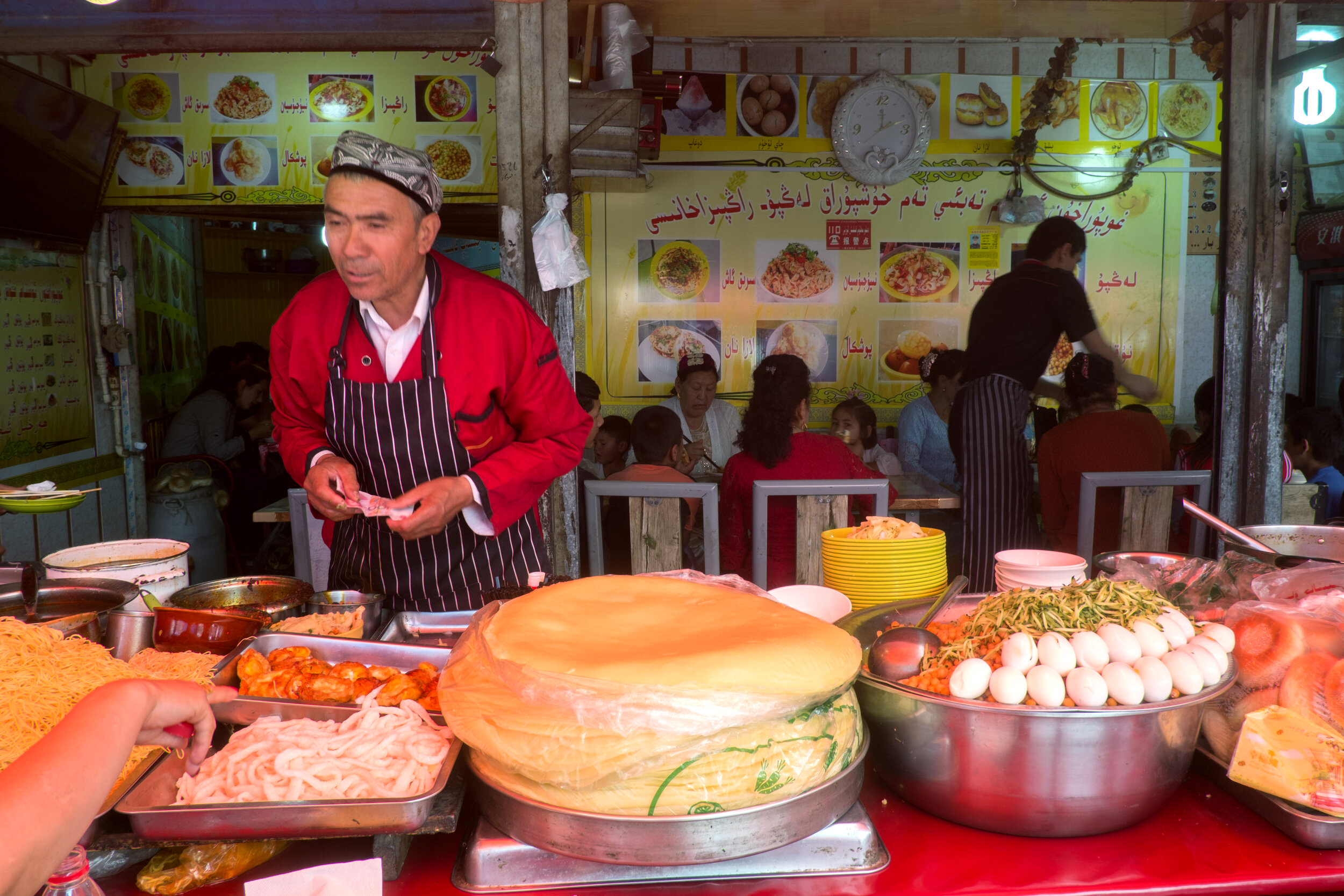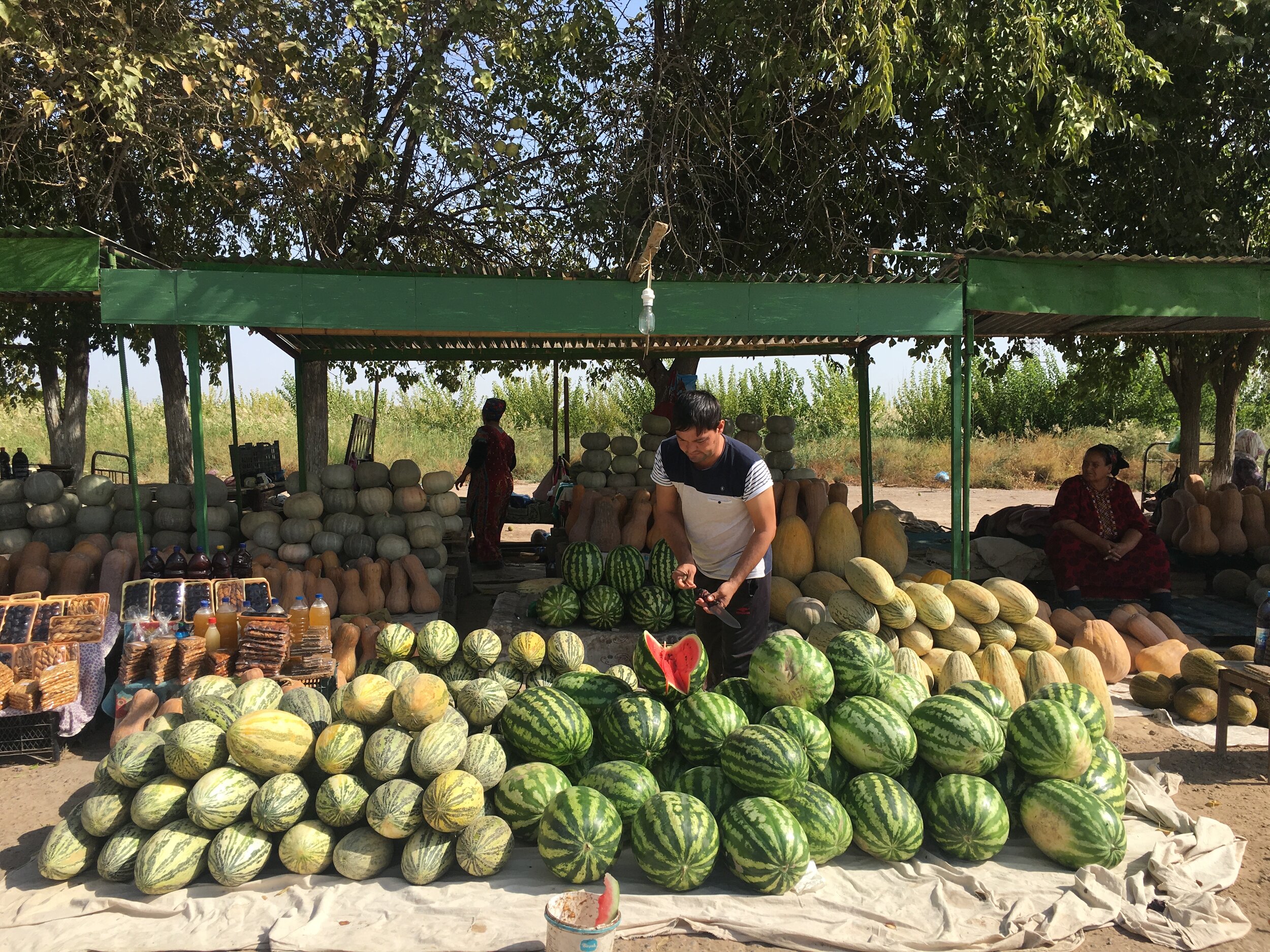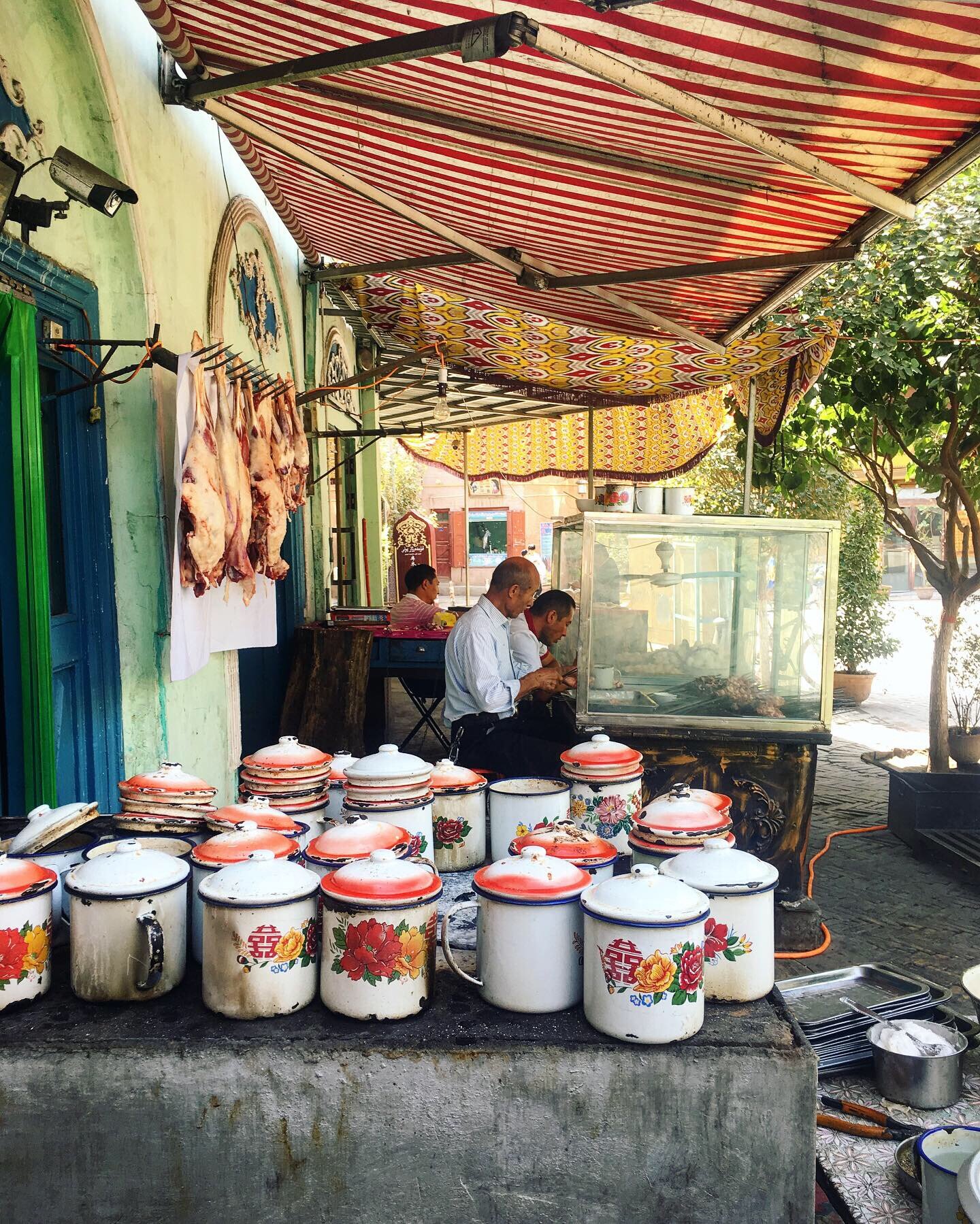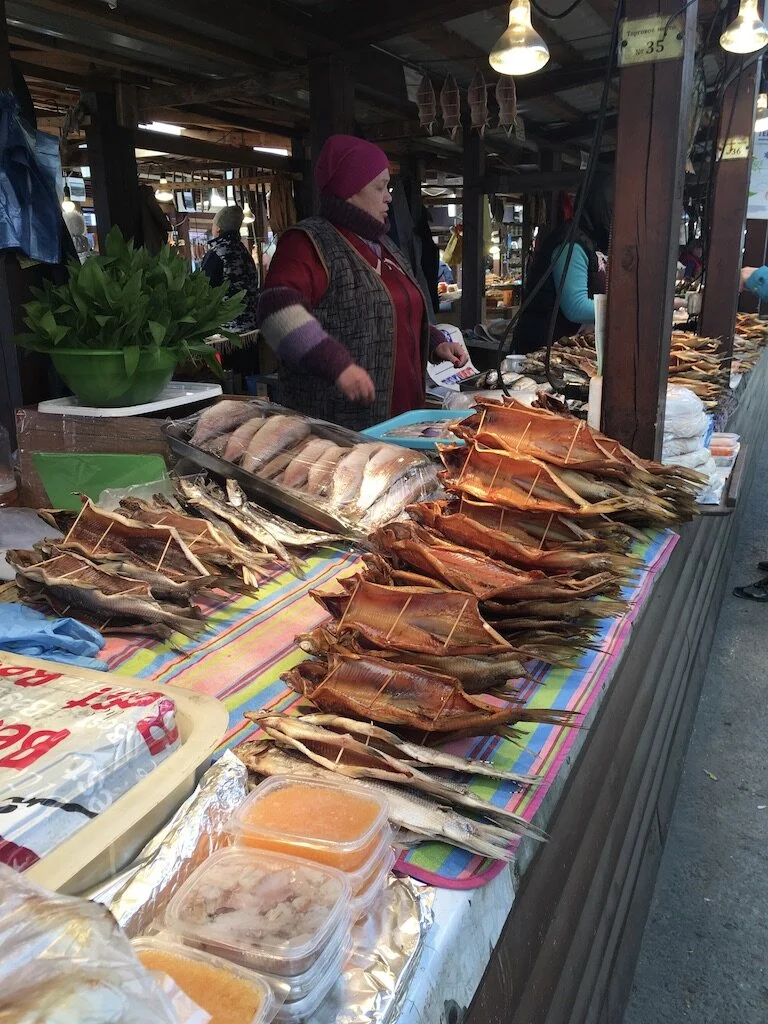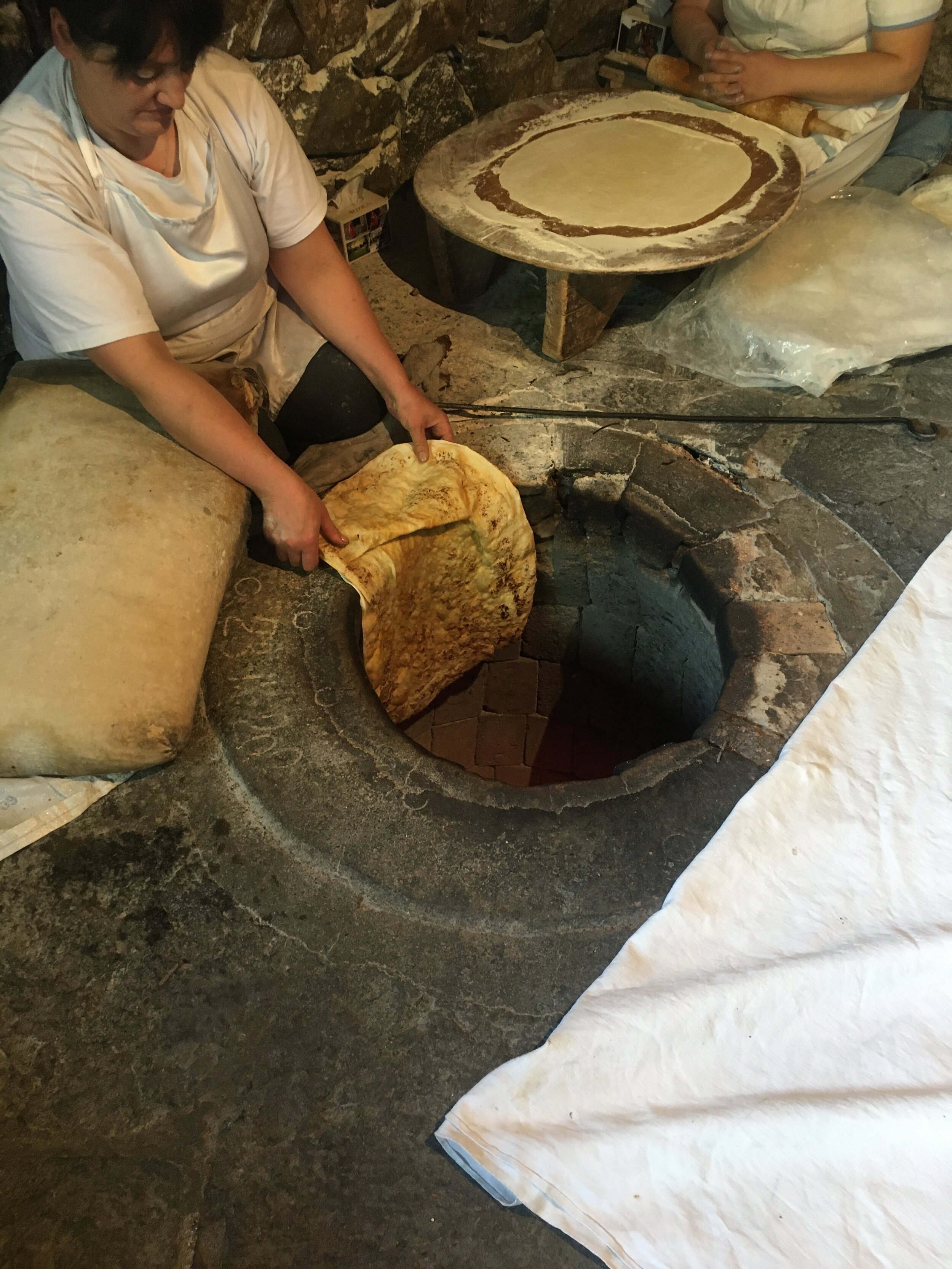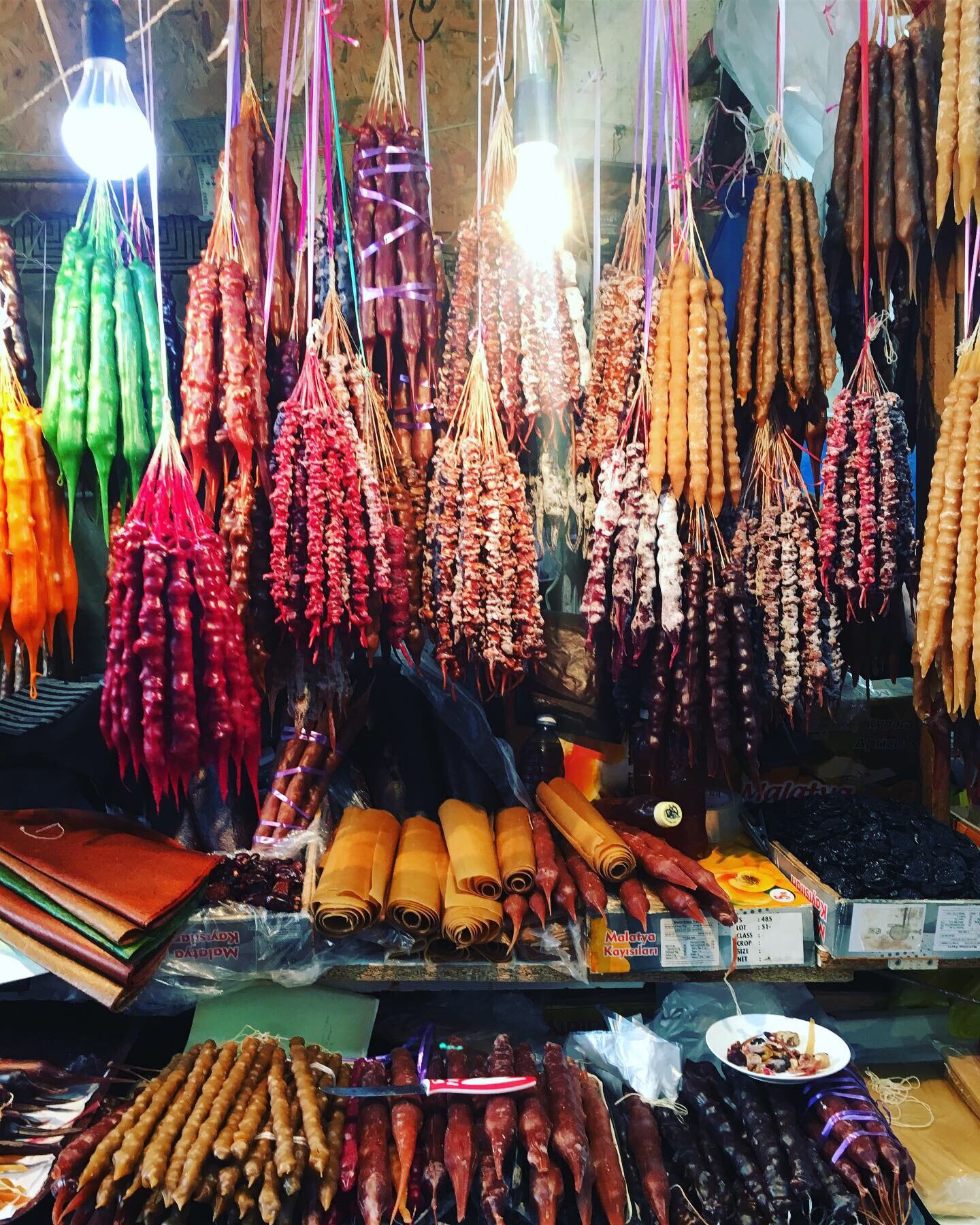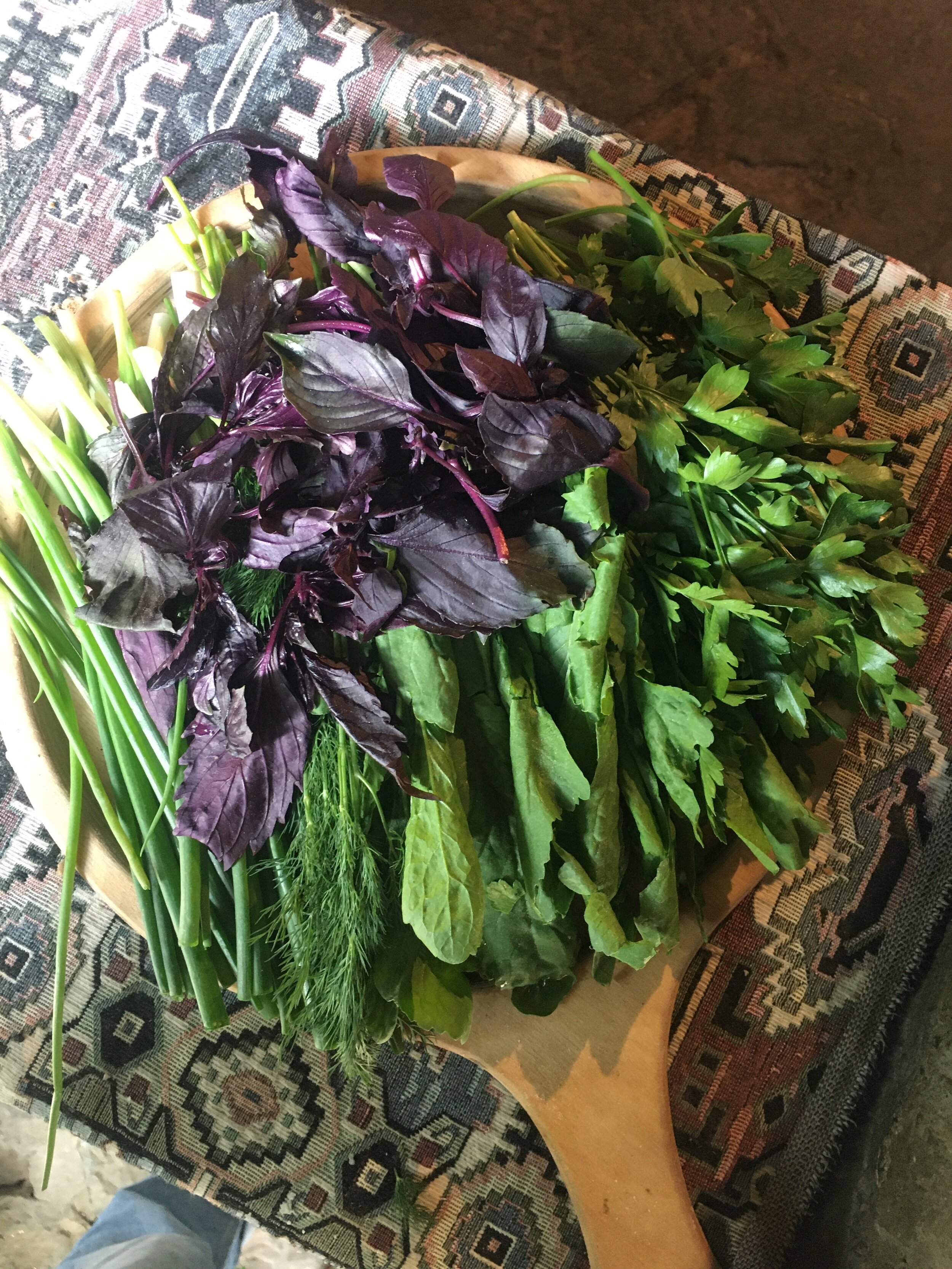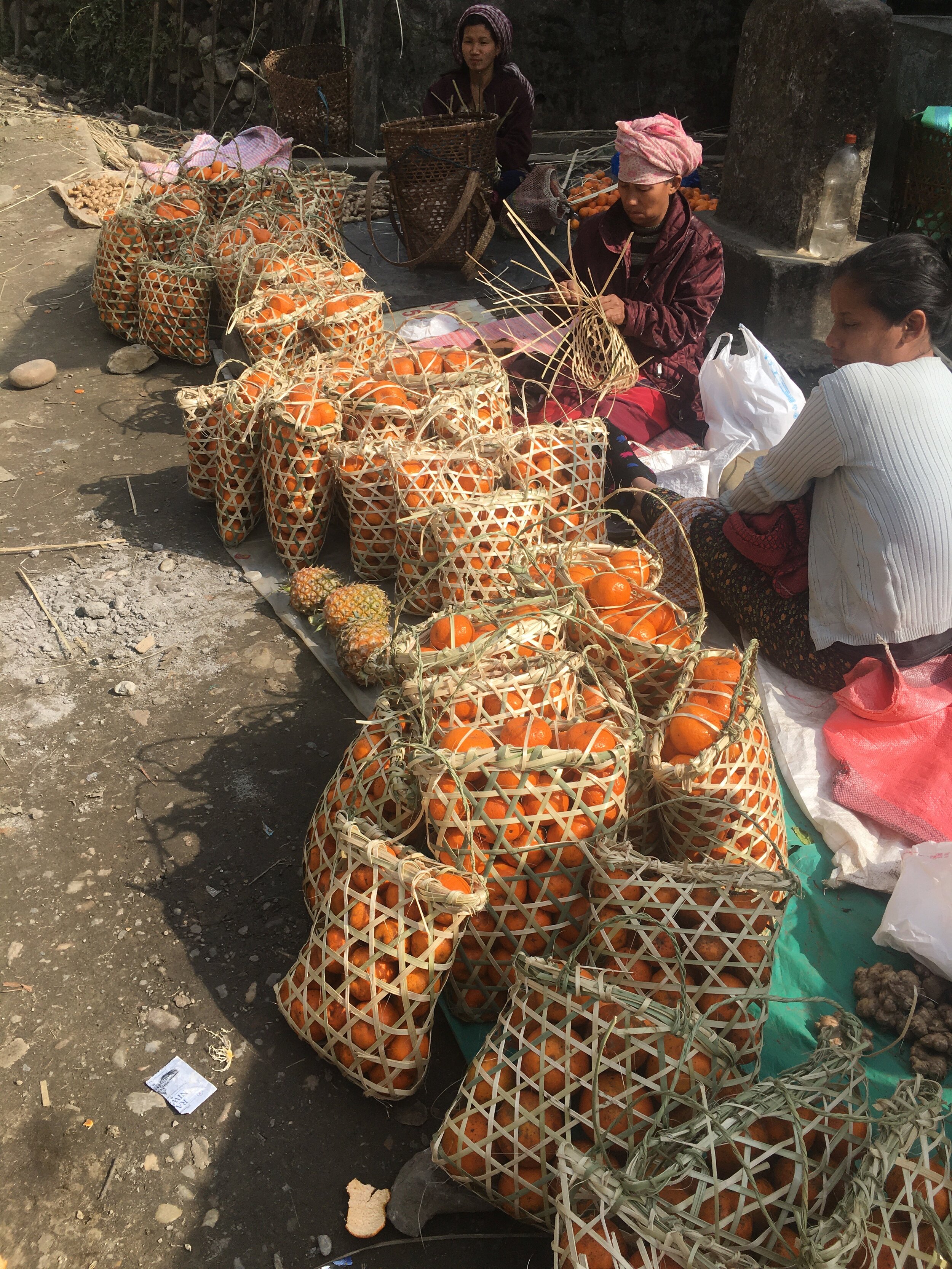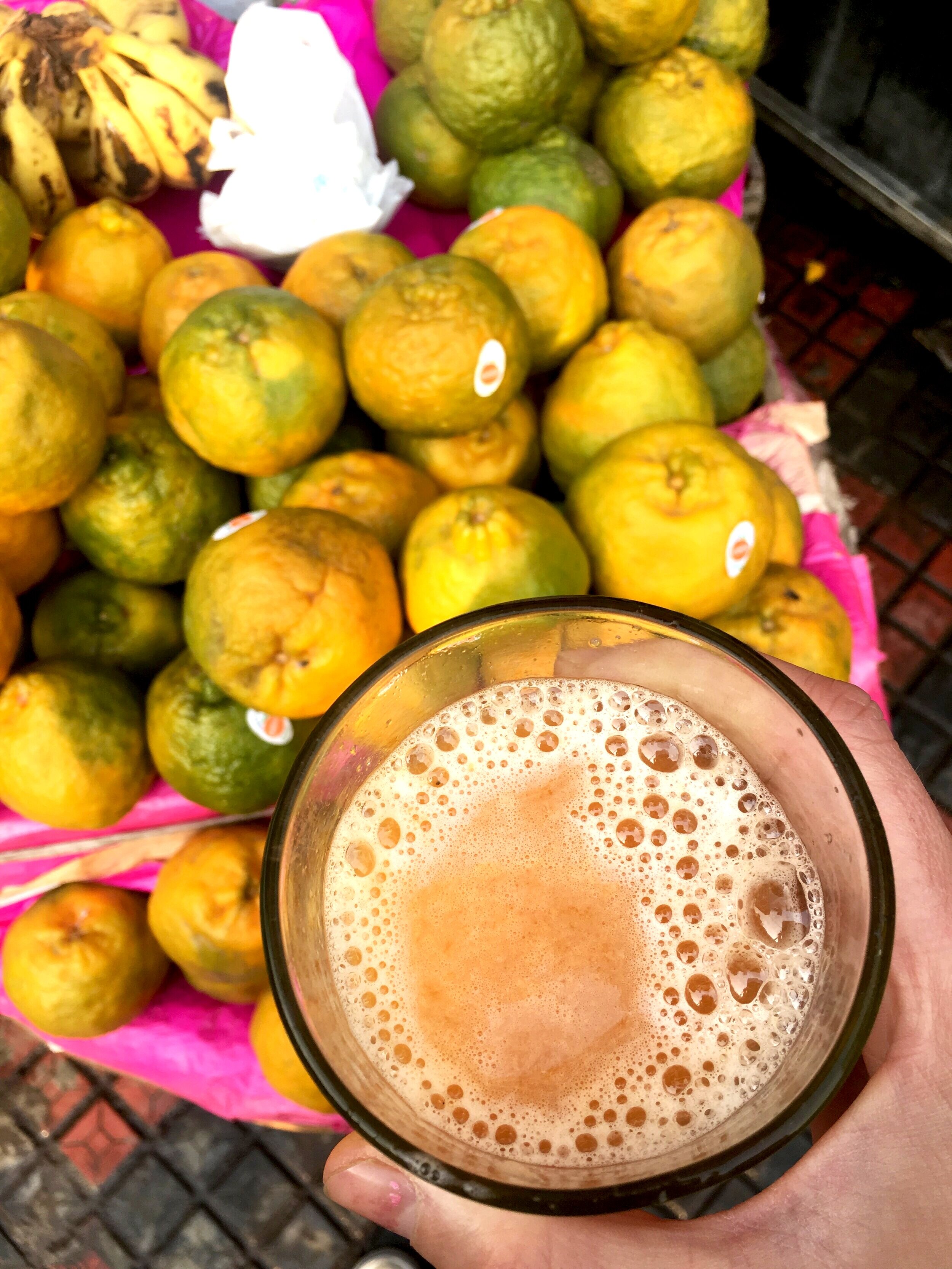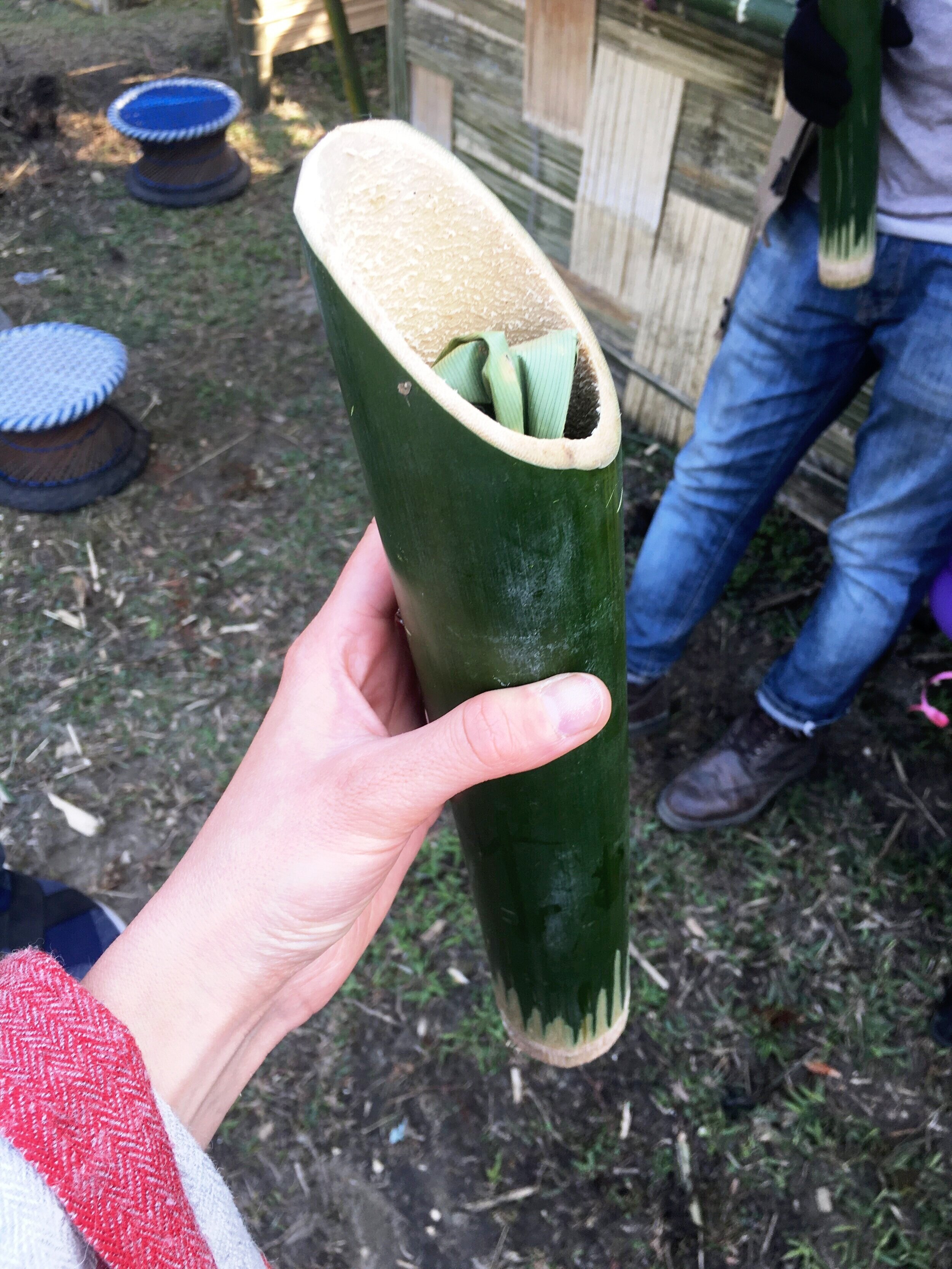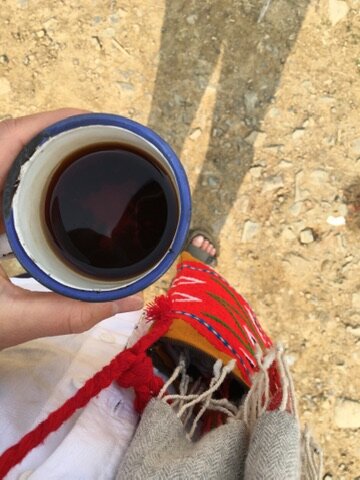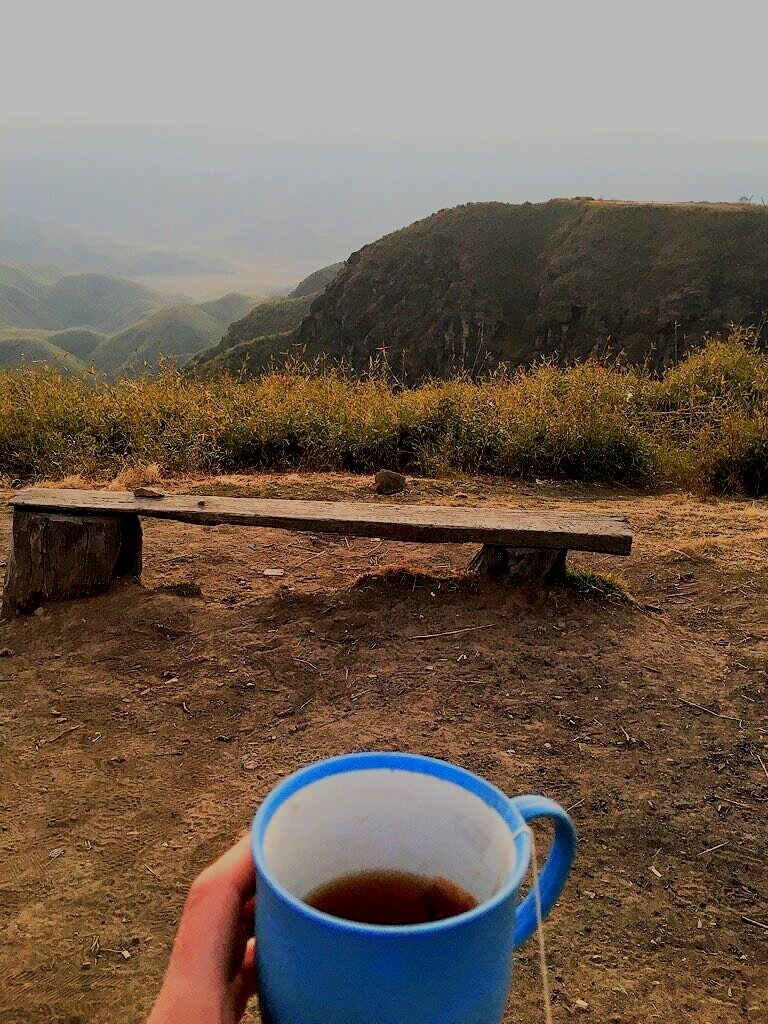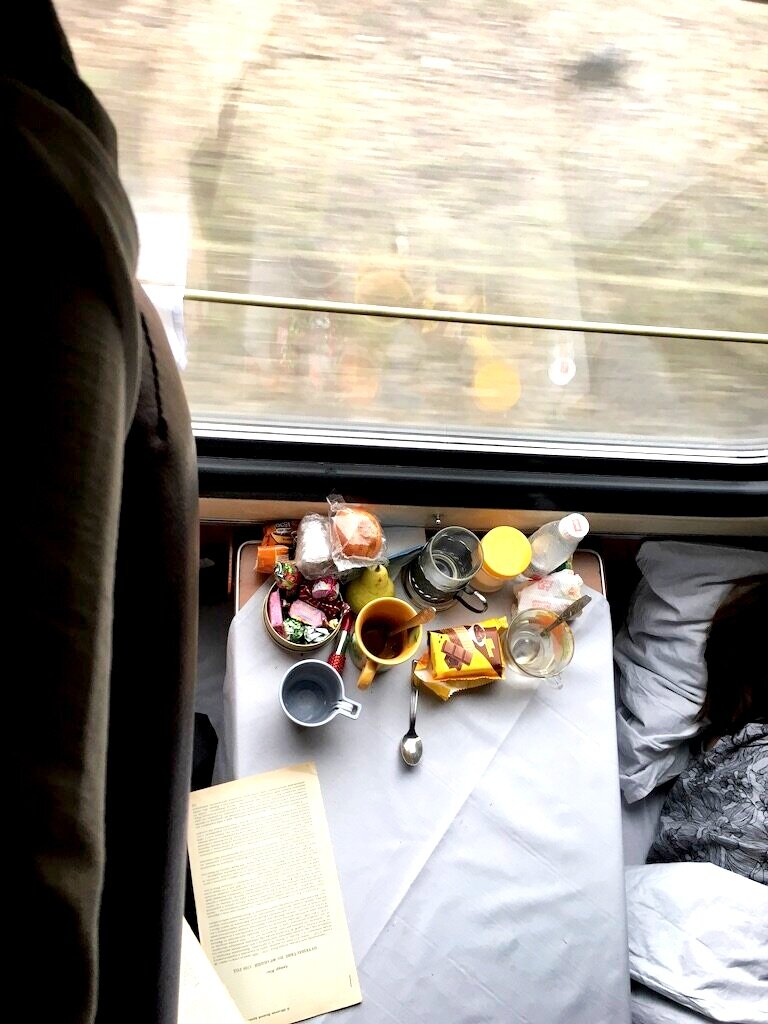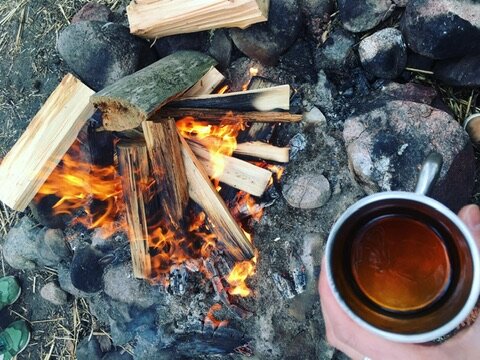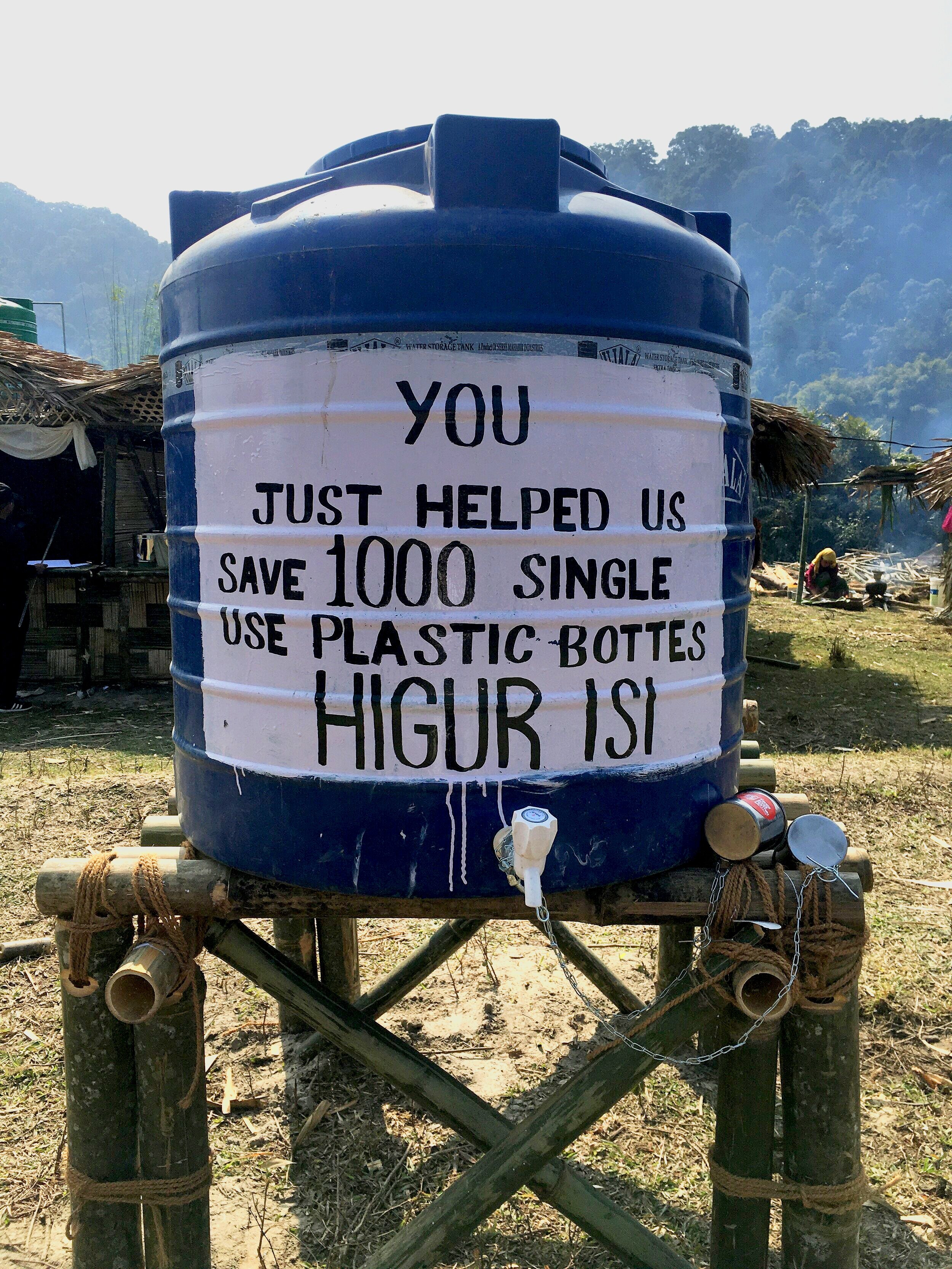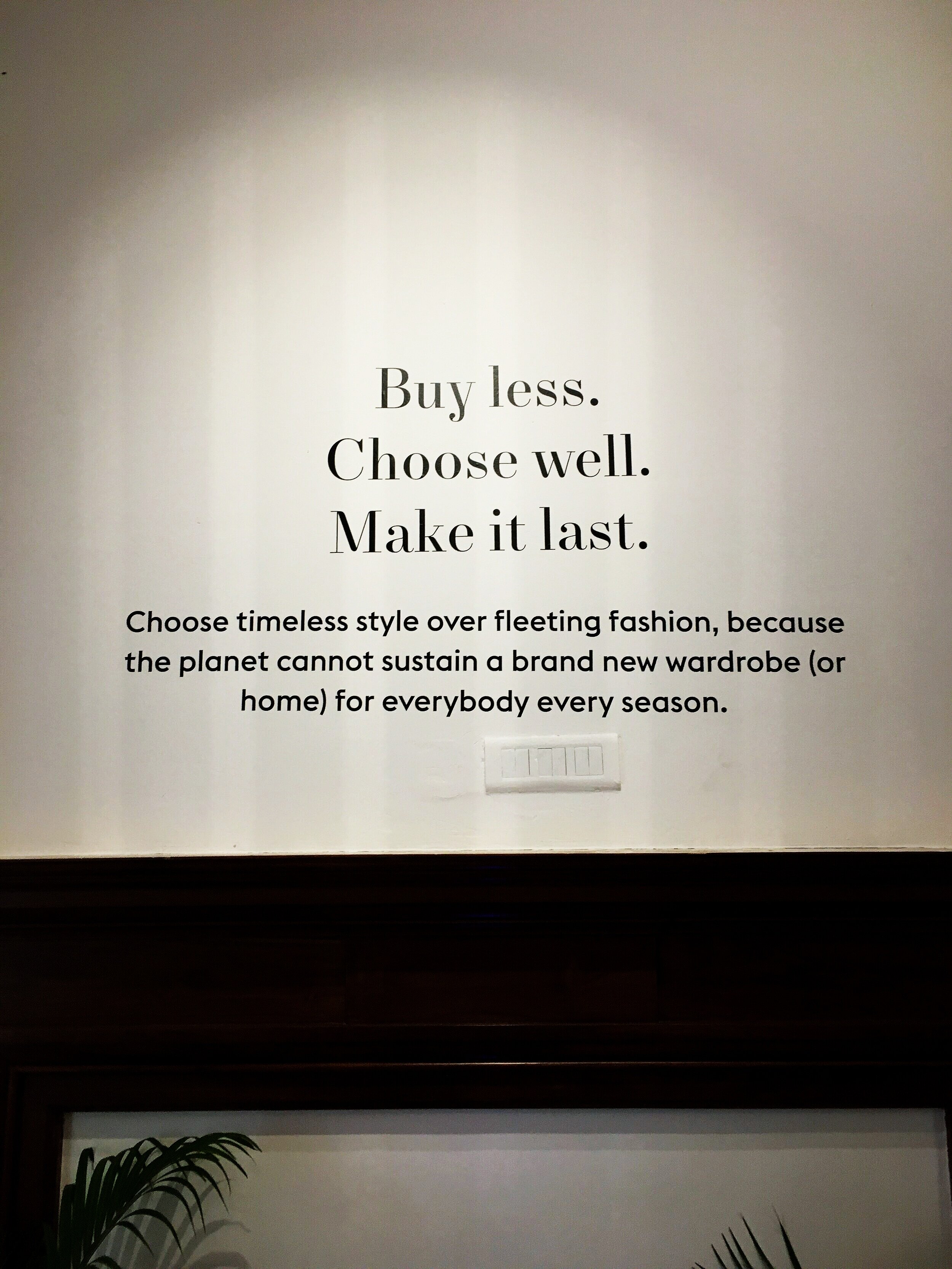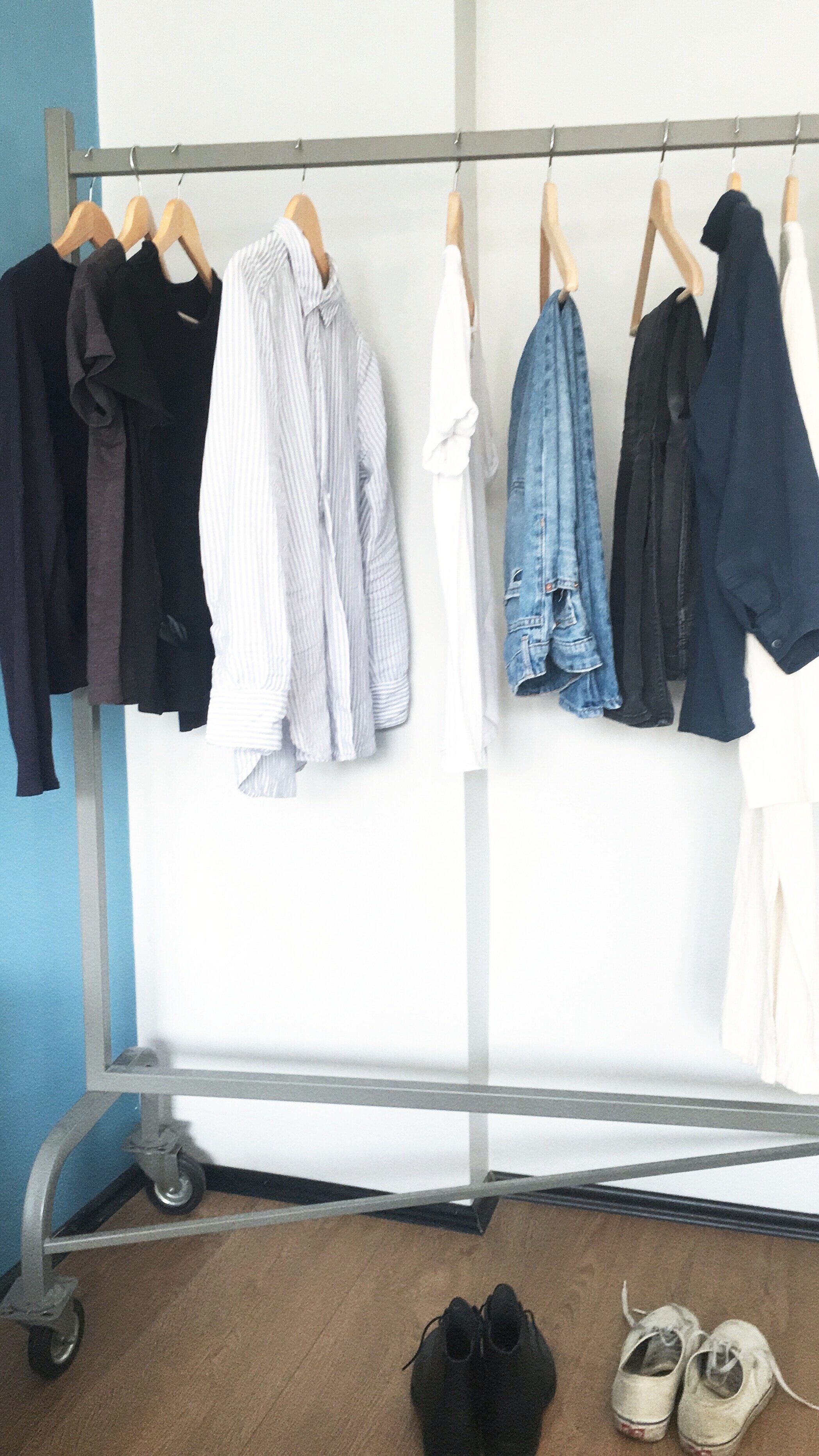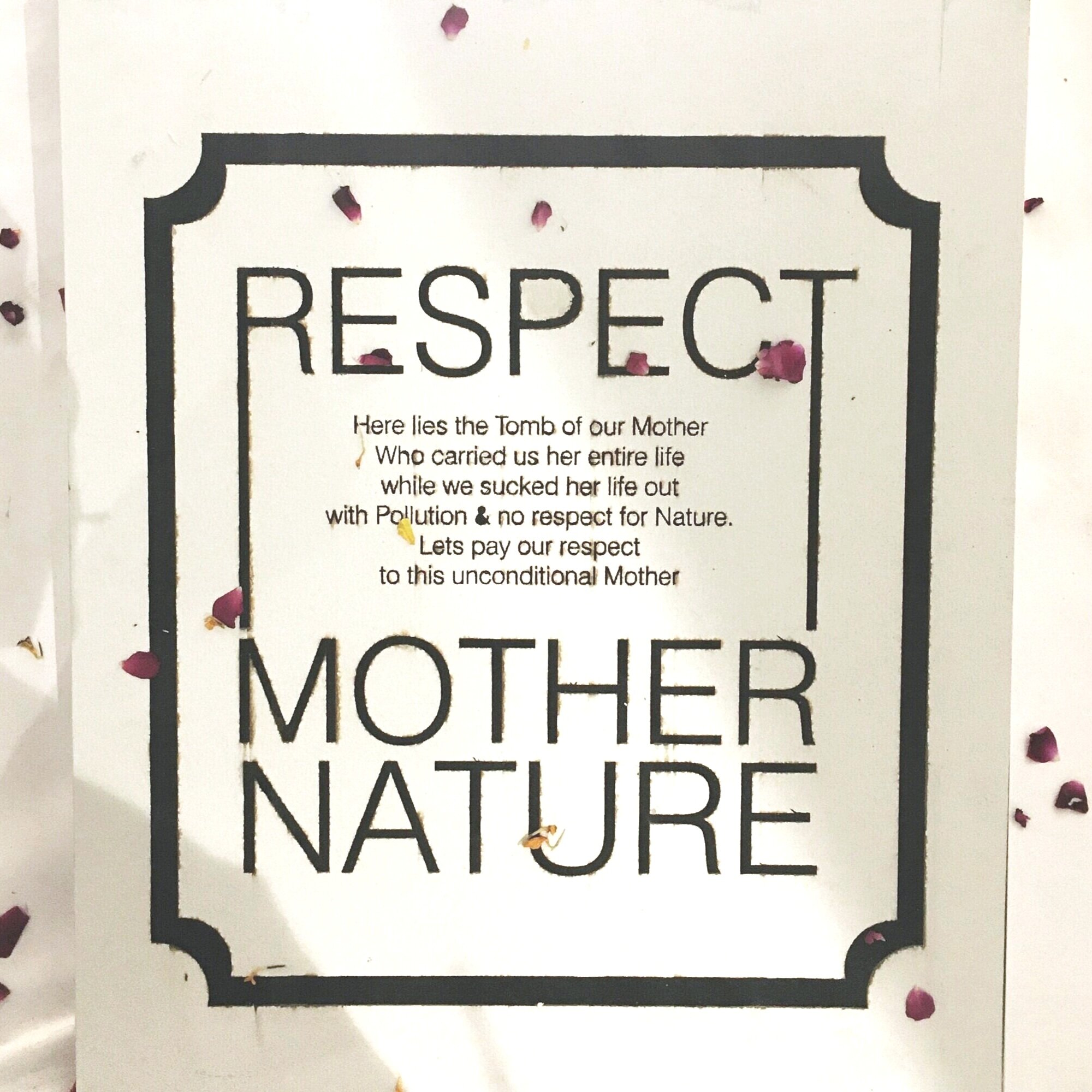Buy less, eat better, think more
How to live sustainably on the road
‘Ara chanta, ara chanta!’ That’’s me trying in all my Georgian to tell to the old lady at the Dezerters Bazaar in Tbilisi to give me those fatty and fresh walnuts without the plastic bag. I stretched my cotton bag towards the lady who, perplexed was still thinking how on earth this weird girl doesn’t want her free daily amount of plastic.
‘Without bag’ is one of the first sentences I always learn in any country I travel to and, considering the amount of food shopping I do, it is something a sentence I use a lot.
From Georgia to India, from Iran to Russia, the amount of single-use plastic is incredible, especially if we think that most of these countries do not have any recycling infrastructure and no possible way to get rid of their rubbish in a sustainable. This doesn’t occur only for plastic bags. Wherever you are, from East Europe to Asia, when you go on a supermarket trip you will struggle to find something that is not wrapped in at least three layers of plastic.
I spent many years walking through rubbish in some of the most beautiful places on earth. I hear people talking about the dirtiness of my favorite countries and I spend days collecting rubbish in the mountains. Now I am extremely concerned about what I buy and what is the impact on the environment of that specific product.
It is not always easy and we need to make an effort not to buy that chocolate wrapped in three layers when we are craving something sweet and instead of buying those cute, fresh, local, and ‘plastic-free’ mandarines. This, of course, applies not only to food but to a lot of other aspects of life and travel. Once you set your mind in ‘let’s minimize my impact on this place’ you will notice in how many ways you can help the planet and trust me, it is not difficult, it is not impractical and it is not expensive!
You will also notice how few tricks can also make you saving money and weight in your bag while traveling!
Less Plastic more Local
You might struggle a little with those ladies in tiny villages in the Russian countryside. They want very badly to give your Piroshky (pie) in thin single-use plastic and you have to shout loud and stop them before wrapping everything in layers of plastic. We do not need a collection of plastic bags especially when we are traveling.
The production of plastic products actually has a better impact than cotton ones which require a very long process using a huge amount of water. The problem with plastic is that we do not reuse it!
Plastic won’t be so problematic if we would use the same bag for months but we don’t… so get your reusable cotton bag, maybe a nice colorful one that you can also use for many different purposes while traveling, for laundry, shoes, to carry around your laptop while in the city…
Start opting for local Bazaars instead of supermarkets. In the Bazaars, food is sold by weight which means you can buy the quantity you like and fill your reusable bags and containers. You will also have the opportunity of having a chat with the vendors, watch everyday life in its most representative place, where local life is happening!
Instead of buying processed food let’s opt for those fresh Samsa or Piroshky. You will also support the local economy, eat something nicer and healthier, and reduce a lot the waste!
Along with the history, the culture, the religion, the food, I also love to know what in that country grows and what is in season. From how far those bananas come from or if those tomatoes have been picked from the lady’s garden… Seasonal products are way tastier, healthier, and ‘greener’ than those which have been coming from thousands of kilometers away… and again, the local community will approve your choice!
Keep a spoon and a straw in your bag! One of my favorite things to do while I am roaming around the Indian bazaars is having a creamy, smooth, refreshing Lassi or freshly squeezed orange juice after my run. Still, nowadays many vendors use proper glasses (which they wash after use) or clay pots, so before running to the first trolley of juice you see, check what they use and opt for the best option! In many places now they will give you a straw. I am sure we can all deal with a drink without a straw, when you order just ask to have it without or take yours out of your bag!
Talking about drinking, let’s dive into my biggest environment concerned challenge: water in plastic bottles! let’s remind the world that boiling water is drinkable and it is safe! Some countries have incredibly clean and pure tap water even for foreigners with the most sensitive stomach ever. If you don’t want to go with the local water remember that nowadays In every place you go there is a kettle. In the hotel room, in your hostel, homestay, train carriage, etc.
Boiling water is something available in even the poorest, remotest, furthermost place on earth. Plus, you always make human contact whenever you go and asking for some hot water, it is a great way to interact with locals and you never know where it can take you!
Bring your own bottle and refill it! You will save money and plastic! Also nowadays there a lot of incredibly good water filters which make your life even easier!
You could also carry your own camping cup. If you love Chai as I do and you travel to places where you will be offered tea twenty times a day it is a great idea. And, no, it is not rude, on the other side people will be surprised, interested and they will appreciate the effort you are making to keep their country clean.
Even in the technology field, there is something we can all do. Still, nowadays we end up keeping those exhausted batteries for ages before finding a proper place to thrown them away. When you travel with your electronics you always have to buy and carry many of those to replace them. Finally, nowadays almost everything we use daily comes with a USB rechargeable option. Yes, the product you are buying might cost more but after, you won’t carry batteries anymore and you will only have a little, light, universal USB cable to use for all your electronics. A plug is available everywhere even in remote areas where the electricity might come only for few hours a day and you won’t pollute with those exhausted batteries which, a great part of the world cannot recycle or get rid of properly and nicely.
DIY
If you have a more ‘stable’ life and you have access to a kitchen you have the possibility of homemaking a huge variety of things. If you do not have good, fresh, healthy, local products close by you could always make them on your own without the need of buying them in supermarkets. Even with little time and even less money you can start to sustain yourself a little more. Making bread, yogurt, snacks…. it is actually extremely easy, fun, satisfactory, and cheap! Plus it is a new skill you can also share with someone else during your travel and something you can learn from people who do not have much access to processed ingredients and food.
Let’s start by lowering the amount of meat we consume. For as much as we got used to eating animal products, our body doesn’t need to have it three times a day! Also, unless you know your Shashlik is made from the meat of those lambs grazing in the pastures next door, you never know from where the meat comes from and most fo the time is from intensive animal farming. Again, let’s not go too much into this topic now but if you want to do something good for the planet that you want to explore so badly and for your own health start doing some research on the meat, dairy, and eggs you are purchasing. Some countries in the world teach us how tasty, healthy, and diverse can be a cuisine that uses pulses and beans and cereals instead of tons of unhealthy and untasty meat. This is something difficult to control while you are traveling. On the other hand, some remote areas are proudly offering incredible animal products. They love their animals, they take care of them, treating them with love and respect, leaving them grazing in the wild nature (see for example the Kazakhs and their horses). So, with time you will find your respectful, gentle, balanced way to deal with these options without falling into too many intro compromises
Minimalism on the road
Sometimes people ask me how I can pack all I need in life in a backpack. That's easy when you own very few things. I am a very ‘Less is more’ person and I apply this principle to many aspects of my life. I realized that having very few, good qualities things will make life easier and help the planet a lot.
The energy and water consumed to make a piece of clothing are unexpectedly high and, in a lot of cases, we do not even know who makes the products we are buying… The topic is worth a post itself but in few words buying less and better will make a huge improvement to our lives, to the worker’s lives and to the environment.
Think a bit longer when you decide to buy something, spend time doing some research about the brand, from where the raw material comes from, who are the people who made it, and how much you are going to use it. As a traveler, it is extremely important to have very few, versatile, good-quality pieces of clothing. You will also realize how long a good quality product can last before been replaced (in our case upcycled or given away). Yes, it might be more expensive but you won’t buy anything else for years so you will actually end up saving money.
Define those pieces you use the most, those you can combine for many different occasions and weather conditions. Those will be your ‘special 5’. If you follow this routine you will realize how easy is to pack a bag for a week or for life.
Talking about packing and having a bag as a house, now we finally have some good alternatives to those big, heavy, always leaking bottles of shampoo, lotions, showergel.
Soap bars are the best, lightest, environmentally friendly, and cheapest option now!
Not only you can carry your soap bar but also a shampoo bar which is going to last you way longer than any shampoo flacon. You will save at least half kg in your bag and you won’t have all your clothes swimming in conditioner after a flight.
Yes, they might be more expensive than a shampoo flacon but a bar will last you up to six months and it is also way nicer on your hair because made with less chemical.
Nowadays also powder toothpaste is starting to be found together with bamboo toothbrushes and they have also been approved by dentists.
From certain places, I learned that everything is ‘fixable’. You do not need to throw away a jacket because the zip is broken or because there is a hole. Start repairing instead of replacing it.
Keep your feet to the ground
As a huge fan of overland travels, I won’t stop suggesting to everyone to fly less and overland more! We all know that the biggest problem of planet-warming is the emission of Co2. Transport fuel is one of the major causes.
Sometimes we do not have alternatives but, in other cases, you can also consider other options and plan your itinerary in a way that allows you to see more and pollute less. Shared cars, public transportations, trains… they still pollute, unfortunately, but if we can share those with many other people instead of using our own car we will still reduce our impact, plus, we will support the local communities and get extremely deep into the everyday ‘real-life’ of the place we are visiting.
Borders are there to be crossed, most of the time we do not need to reach a capital and fly to the next country.
We can also choose a destination closer to our home and take a road, a path, a rail track instead of catching a plane for many hours and kilometers!
We all love our planet. We work hard, we save money to travel, we dream and we plan adventures, trips, explorations, holidays. We want to move and see more, learn more, experience more but if we do not start taking care of the earth we won’t have much left to see, love, and travel to.
These are tiny, easy things we can all do and they do make a huge difference. Be aware, pay attention, think more, and spread the voice.
